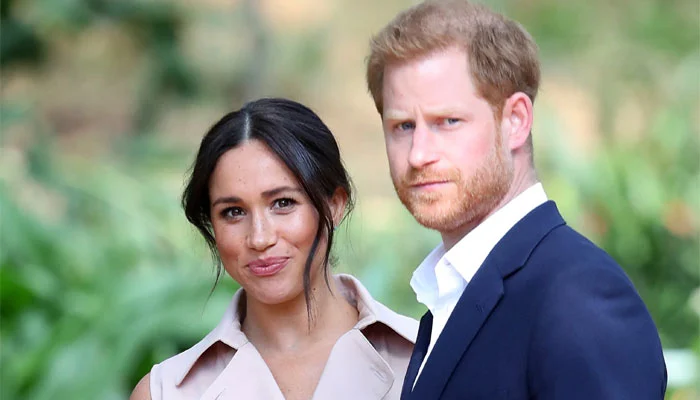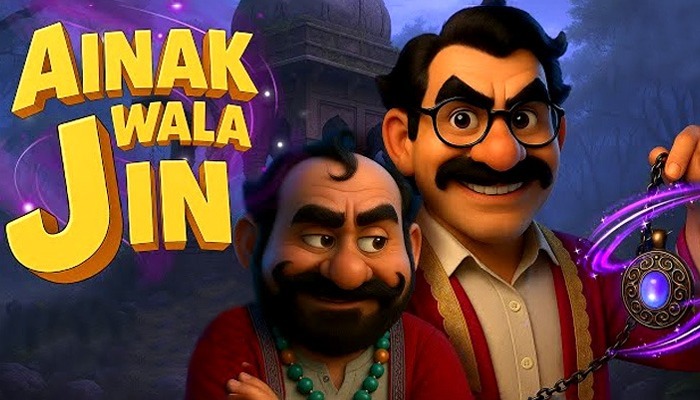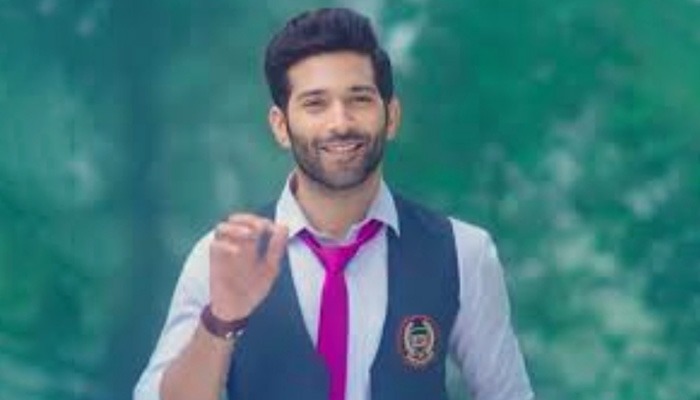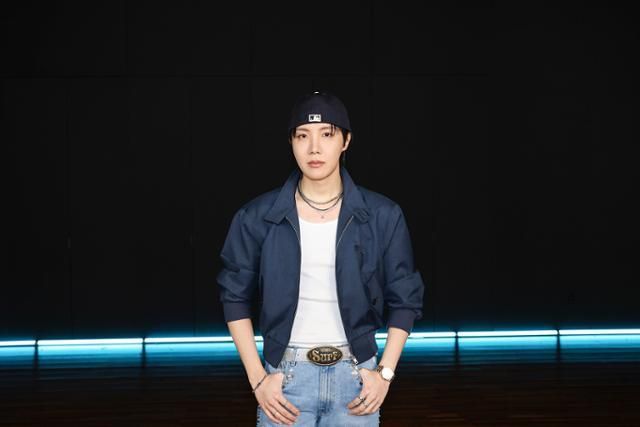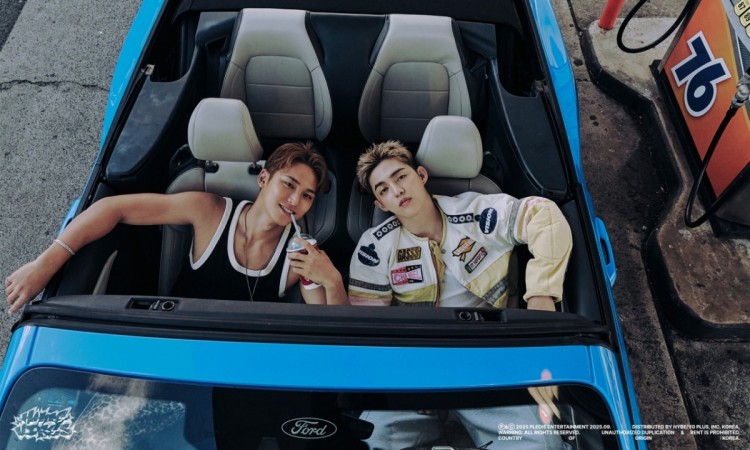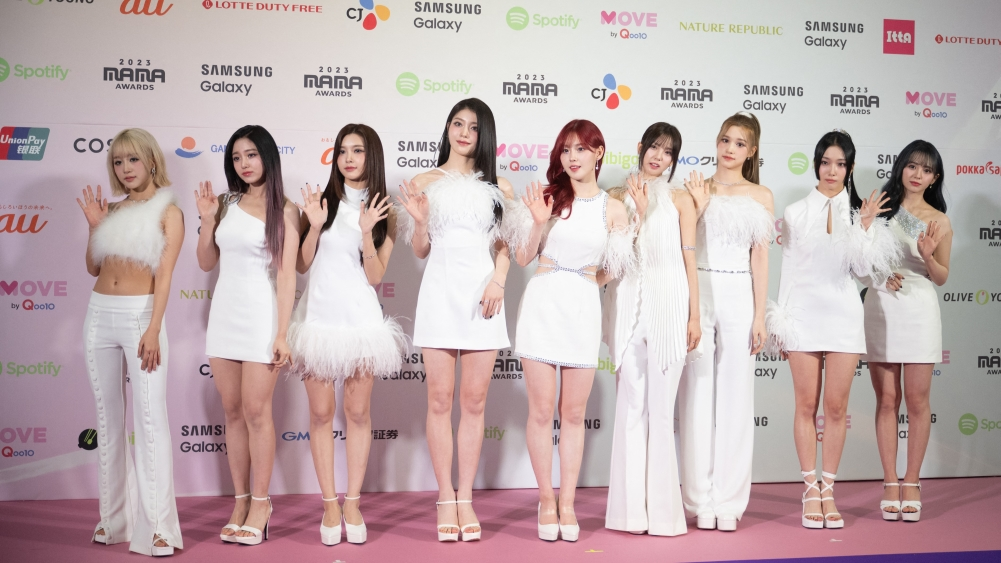Meghan and Prince Harry are connecting “at an emotional and value level” with young people all over the world by championing causes close to their hearts, such as equality and the environment. And, as reputation management expert Eric Schiffer put it, “they are gaining soft power in the process.”
He went on to say that this is “causing the British royals to adjust and change their communications strategy.”
“It has certainly caused William and Catherine to find new ways to connect, show more of their humanity, to be more active in ways that demonstrate their values aligning with young people – not just in Britain but also around the world,” the California-based expert told Express.co.uk.
According to the expert, Kate and William’s newfound openness is paying off.
“They’re stealing a page from Meghan and Harry’s playbook, and it’s working in the UK,” he said.
Prince William has stepped up his conservation and environmental efforts in recent years, launching the Earthshot Prize.
The Duke and Duchess of Cambridge appear to have changed their social media communications in recent months, becoming more informal and with a growing number of posts written directly by the royals.
Prince William and Kate are currently on their final engagements in The Bahamas, the final stop on their eight-day whirlwind tour.
During their time in the Caribbean, Prince William wrote a personal message to Belize on the day they were leaving, recalling some of the best times they had there.
This, like other posts written on behalf of the Duke and Duchess, was shared on Twitter.
Kensington Palace also shared a video of the royals enjoying scuba diving to get a closer look at Belize’s barrier reef, the world’s second-largest, as they touched down in their second destination.
William admitted in another personal post, this time written to commemorate their passage through Jamaica, that he and his wife wished they had “more time to spend” in the country.
While the Duke and Duchess of Cambridge appear to have changed their communications strategy in recent months, they continue to avoid political issues, as working royals are required to maintain political neutrality.
In Jamaica, however, William expressed his “profound sorrow” over slavery, calling it “abhorrent” and saying it should never have happened.
In his speech, he stopped short of apologising for his family’s involvement in the heinous trade.
Meghan and Harry, on the other hand, are freer to discuss issues such as racial equality and Britain’s colonial past because they are no longer full-time working members of the Firm.
They did so in July 2020, when they told young leaders from the Queen’s Commonwealth Trust that it is necessary to “acknowledge the past,” even if it means having “uncomfortable” conversations.
However, in Jamaica, William expressed his “profound sorrow” over slavery, calling it “abhorrent” and saying it should never have happened.
In his speech, he stopped short of apologising for his family’s past involvement in the heinous trade.
Meghan and Harry, on the other hand, are freer to discuss topics such as racial equality and Britain’s colonial past because they are no longer full-time working members of the Firm.
They did so in July 2020, when they said in a conversation with young leaders from the Queen’s Commonwealth Trust that it is necessary to “acknowledge the past,” even if it means having “uncomfortable” conversations.
Among them was Smart Works, one of Meghan’s two patronages after she stepped down as a senior royal.
Furthermore, Spotify announced this week that the first podcast series produced by Archewell Audio will be entirely focused on labels that try to hold women back.
Meghan will host the series, which will address “common stereotypes that have historically generalised women through the lens of popular culture and media,” according to the statement.
Meghan can be heard saying in the teaser, which introduces the Archetypes series, “This is how we talk about women: the words that raise our girls, and how the media reflects women back to us… but where do these stereotypes come from?”
“And how do they continue to appear and define our lives?”

